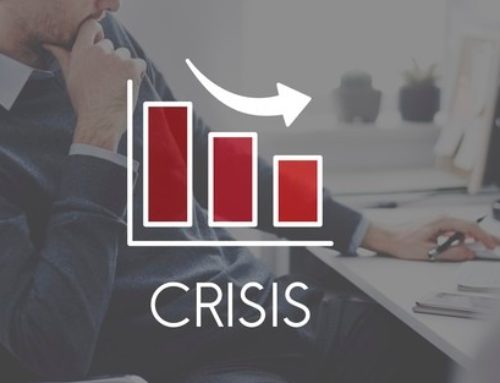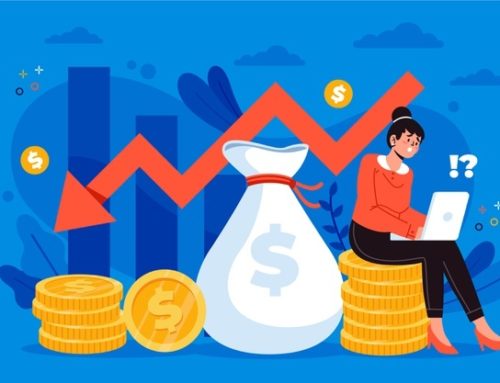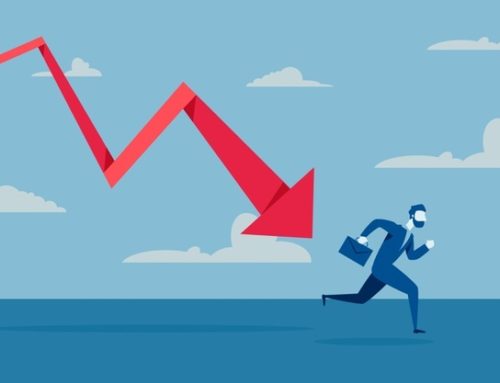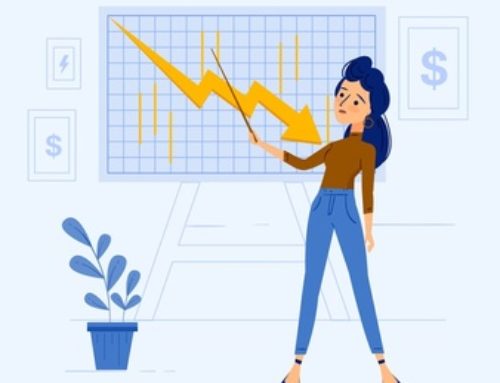The bankruptcy process starts with filing a petition in bankruptcy court. The assets of the debtor are calculated and estimated. The resulting funds could then be used to pay all or portion of whatever is owed to a creditor.
An individual who owes several creditors but does not have sufficient disposable income is advised to file for bankruptcy. (Note, however, that different types of debt cannot be included in a bankruptcy filing. Under bankruptcy laws, these generally include alimony or child support debt, student loan debt, or tax debt).
Bankruptcy attorneys can explain to you the advantages of each bankruptcy type. On top of bankruptcy protection, a Chapter 13 bankruptcy proceeding is ideal to certain individuals for the following reasons:
- More people qualify to file a bankruptcy case under this chapter.
Filing Chapter 13 bankruptcies is a common option for those considered a wage-earner (and whose Chapter 7 bankruptcy case would likely have been dismissed) or those who wish to restructure debts that would not have been discharged anyway.
- Filing bankruptcy under Chapter 13 helps stop foreclosure and helps you keep your personal property.
If you are unable to repay your creditor (or have been missing your mortgage payments), your home or car could be confiscated. Such is the case in some liquidation cases. Filing a bankruptcy petition may help you avoid this much-dreaded foreclosure.
- It gives you the chance to restructure your debts and be able to pay back what you owe to lenders.
 A Chapter 13 bankruptcy is also referred to as reorganization. Here, you negotiate with creditors and come up with a repayment plan. Your monthly income would be proof that you would be able to follow your proposed payment plan. This will also discourage debt collectors from threatening wage garnishment.
A Chapter 13 bankruptcy is also referred to as reorganization. Here, you negotiate with creditors and come up with a repayment plan. Your monthly income would be proof that you would be able to follow your proposed payment plan. This will also discourage debt collectors from threatening wage garnishment.
- A bankruptcy Chapter 13 gives you a long time to repay your debts without penalties.
This bankruptcy procedure takes up to three to five years. Even so, payments for certain secured debts can be rescheduled and the payment can be stretched for a longer period. This will also result in a decrease in your monthly payments, or the amount that you regularly allot to pay off your debts.
- An individual who filed a bankruptcy petition generally does not need to interact with lenders.
For most bankruptcy filings (regardless of the chapter), transactions with lenders will be done by your bankruptcy trustee. Since it is the trustee who will manage and distribute payments, there is little or no interaction between the debtor and any lender or debt collector.
- While it will appear on your credit report for years, filing for bankruptcy helps your financial future.
If you have filed a bankruptcy petition, the adverse effect on your credit score lasts for a duration of seven to ten years. However, after your debts have been eliminated, you will have the chance to start anew even if would be hard for you to get credit. Having your debts wiped out will have a positive effect on you and will enable you to rebuild and pursue a better career.
Get legal representation from a trusted bankruptcy law firm. Contact us at Phoenix Fresh Start Bankruptcy Attorneys for a free consultation.










